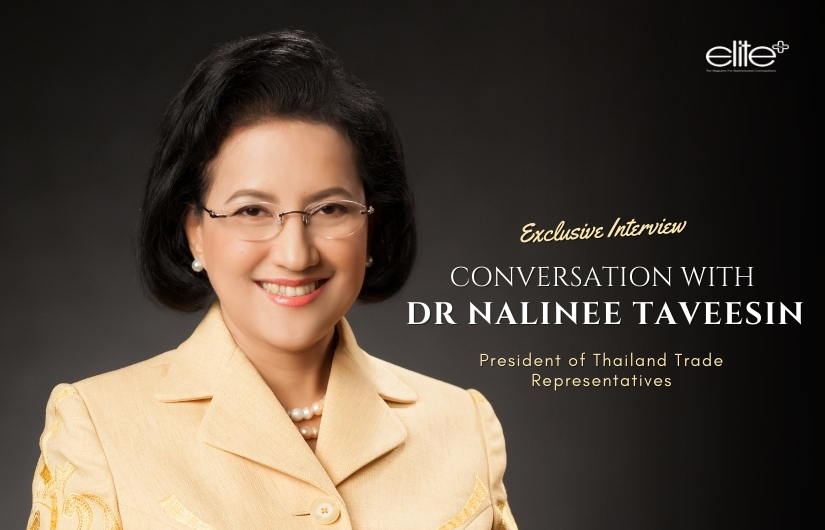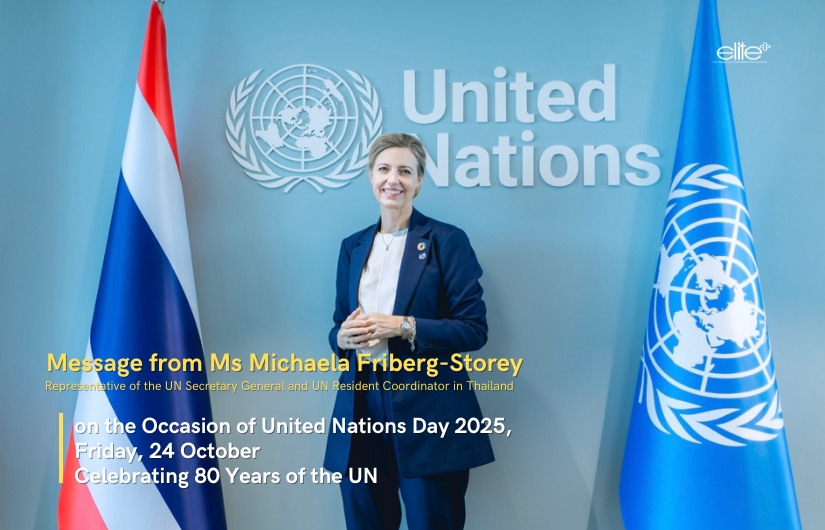President of Thailand Trade Representatives
Which countries and regions are Thailand’s largest trading partners, and how do trade negotiations impact these relationships?
In 2024, Thailand’s international trade remained robust, with the United States and China as our major trading partners, recording two-way trade values of USD 74.48 billion and USD 115.85 billion, respectively, spanning a broad range of goods from electronics to agricultural products.
ASEAN remains an essential regional bloc. Recent data show that exports to ASEAN markets surged by over 20%, driven by strong post-pandemic recovery in the region.
The European Union is also an important trading region, whose two-way trade with Thailand reached USD 50.144billion in 2024, driven by machinery and food exports from Thailand. In the Middle East, the UAE stood out as a major energy supplier. Emerging trade ties with countries like Australia, India and markets in Latin America are also gaining momentum.
This mix of partners and products reflects Thailand’s integrated role in regional supply chains as well as the country’s exposure to global demand conditions.
Strengthened trade is an important milestone in bilateral relations with our trading partners. The A increased flow of goods through free trade does not only bring both countries’ supply chains closer, but also strengthens connections between our peoples.
We are currently negotiating FTAs with many more partners, most notably the European Union and Republic of Korea (South Korea).
The high-quality free trade agreements we are negotiating also reflect Thailand’s alignment with global standards. Many trade agreements include stipulations on labour standards, investment protection and intellectual property.
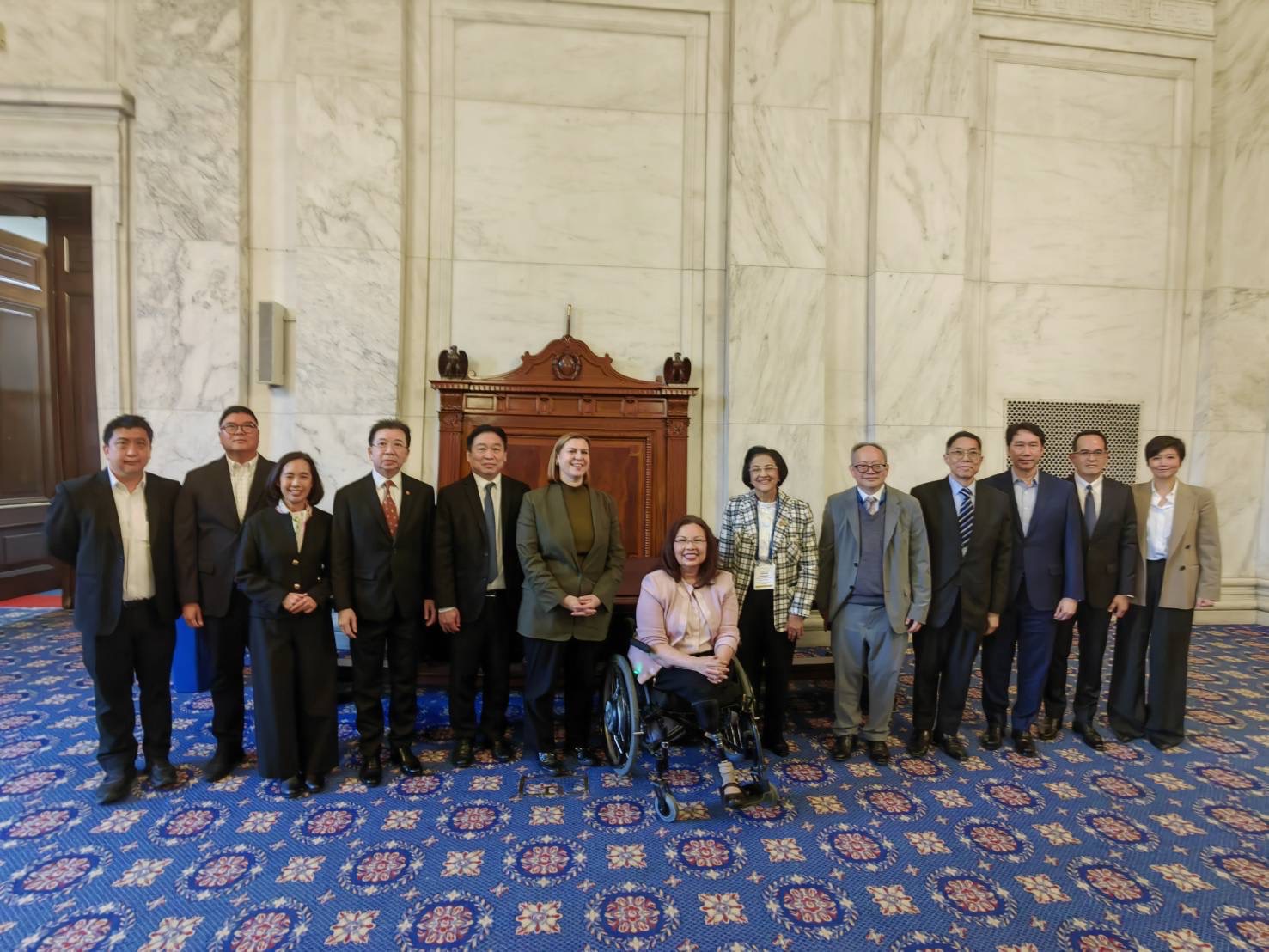
Given the recent US-China trade tensions, what strategies is Thailand adopting to maintain trade stability?
We are undertaking a two-pronged approach to maintain trade stability.
We need to make our economy as a whole more resilient by venturing into new markets and diversifying our export portfolio.
We seek to enhance regional economic integration, where regional partners can help bolster each other.
How has Thailand been engaging in regional trade deals, like ASEAN, EU, and BRICS?
Thailand is currently a party to 14 active Free Trade Agreements (FTAs) with 18 countries and economies. In the past two years,
Thailand has concluded three new FTAs—with Sri Lanka, the European Free Trade Association (EFTA) that consists of Iceland, Liechtenstein, Norway and Switzerland and, most recently, Bhutan.
Ongoing FTA negotiations include those with the European Union, the Republic of Korea, and a CEPA with the United Arab Emirates. Thailand is also engaged in discussions to upgrade its existing FTA with Peru.
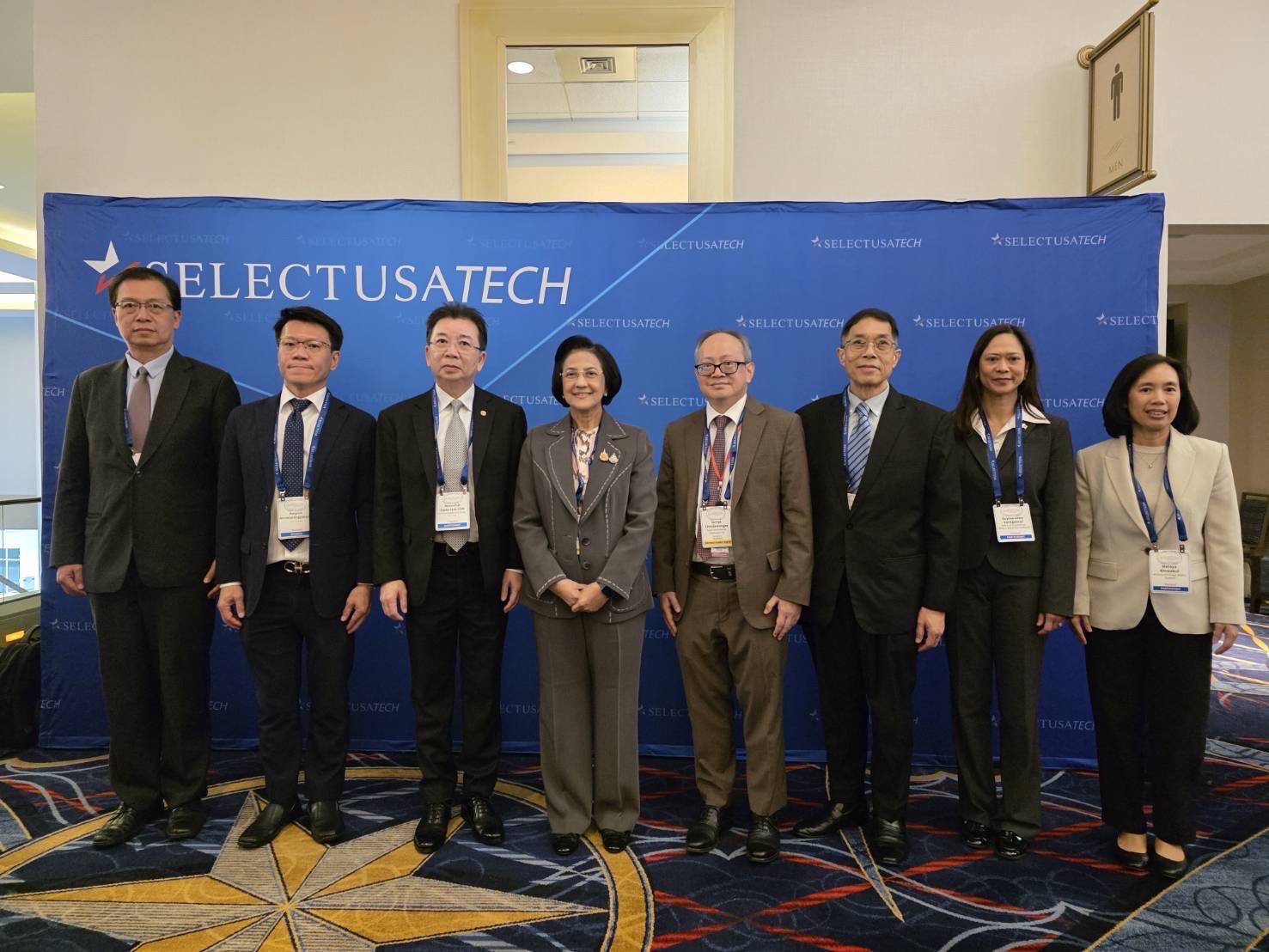
ASEAN
As a founding member of the Association of Southeast Asian Nations (ASEAN), Thailand is a party to ASEAN+1 FTAs with seven external partners: China, Hong Kong SAR, India, Japan, Republic of Korea, Australia and New Zealand.
Thailand is also a party to the Regional Comprehensive Economic Partnership (RCEP), the world’s largest FTA, which brings together ASEAN and its five major FTA partners—China, Japan, South Korea, Australia, and New Zealand—into a single trade framework.
ASEAN is currently negotiating the ASEAN-Canada FTA and pursuing upgrades to existing agreements with India, the Republic of Korea, China, Australia and New Zealand—with the latter three being in their final stage. In parallel, ASEAN Member States are reviewing and amending the ASEAN Trade in Goods Agreement (ATIGA) to enhance trade liberalization and facilitation.
European Union
The EU is one of Thailand’s key trading and investment partners. In 2024, the EU was Thailand’s 4th largest trading partner with trade valued at more than 50 billion US dollars. The EU is also our 6th largest investor.
The Thailand-EU FTA is one of the Thai Government’s priorities, especially amidst the current highly unpredictable political and economic challenges.
We hope that the Thailand-EU FTA will be concluded as soon as possible, preferably within this year, to boost trade and investment between Thailand and the EU, balancing between quality and speed and aiming for a win-win situation.
The Thailand-EU FTA is going to be a comprehensive and high-standard agreement. However, we expect that it will create immense trade and economic opportunities for Thailand amidst the unpredictable and tense geopolitical and geo-economic challenges.
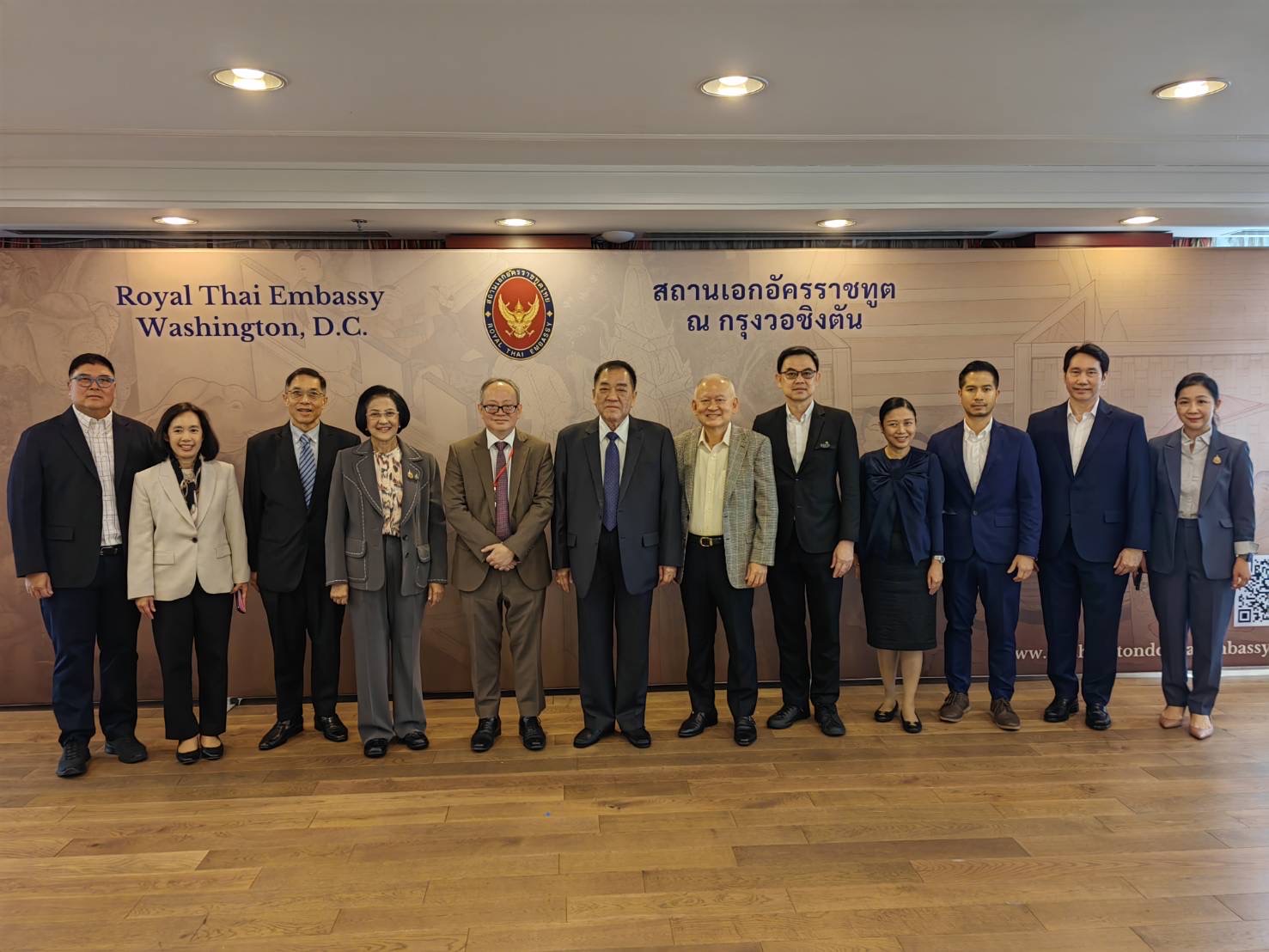
BRICS
BRICS is a group of developing countries and emerging economies from diverse parts of the world. It currently has 10 members and 9 partners, with Thailand becoming a partner since 1 January 2025.
Its objectives include strengthening economic, and social cooperation amongst its members, increasing the influence of the Global South countries in international institutions, bolstering sustainable social and economic development, and promoting social inclusion.
Engagement with BRICS reflects Thailand’s intent to align with global shifts and address shared challenges such as artificial intelligence (AI) and cybersecurity, climate change, energy security and demographic transitions, through multilateral and bilateral cooperation.
As a developing country, Thailand shares common interests with BRICS members in advocating for a more balanced global multilateral system that better reflects the role and needs of the Global South. BRICS member states offer large, high-potential markets with a combined population of 3.5 billion, accounting for 45 percent of the global total. Thailand’s partnership opens doors for dialogue and expanded cooperation in trade, investment and innovation.
Thailand’s trade with BRICS member states in 2024 reached USD 184.95 billion, accounting for over 30 percent of its global trade.
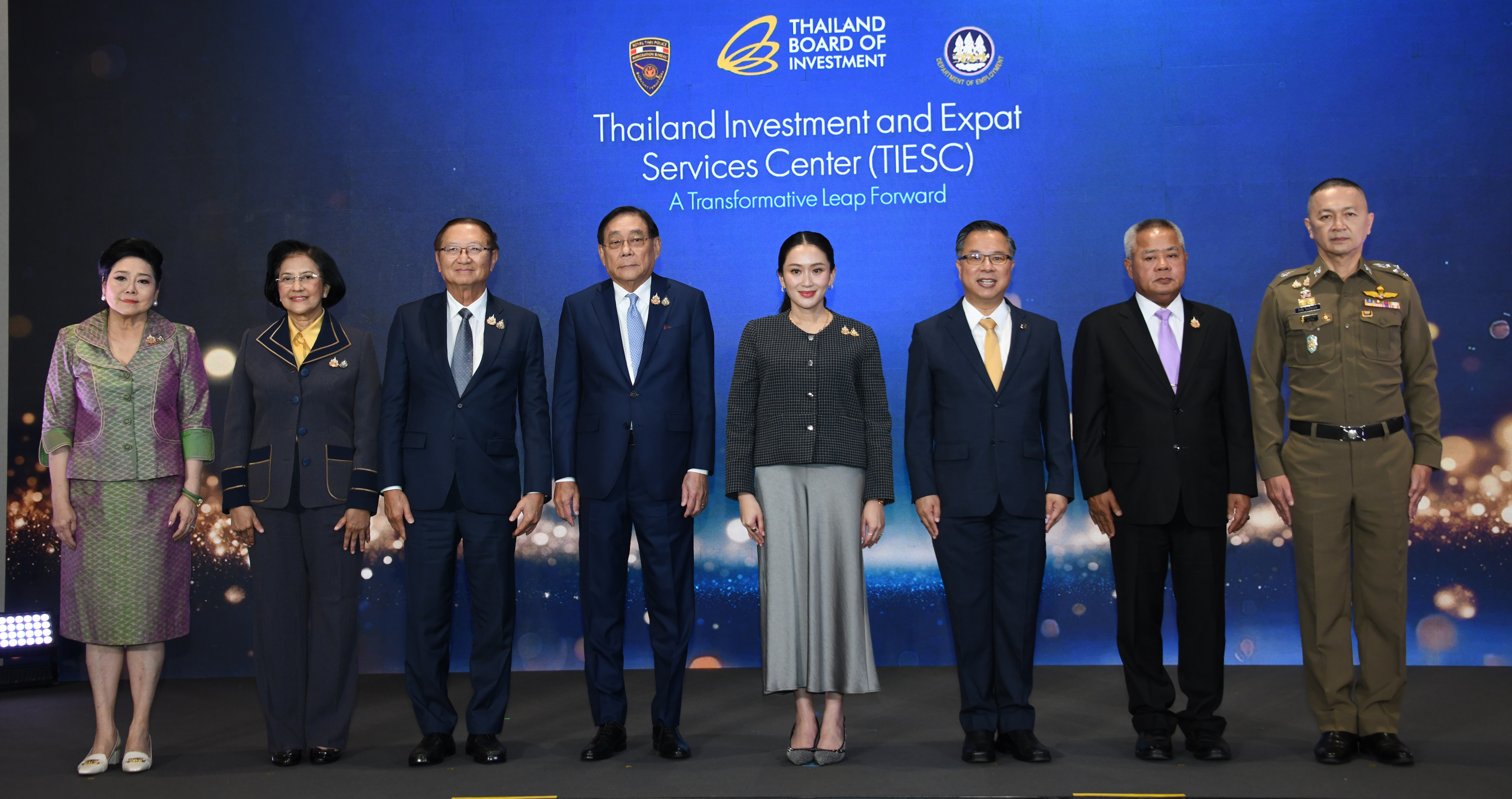
What are the benefits Thailand can expect from its negotiations in the long term to ensure sustainable growth for the country?
By concluding more free trade agreements with new markets and upgrading existing ones, Thailand is diversifying its export base. This has been a priority of this government since Day 1, but the US’s reciprocal tariffs make accelerating FTA negotiations more urgent than ever, which would help make our economy more resilient to global economic shocks.
It is worth mentioning that Thailand is also seeking to improve our ways of working and streamline some of our regulations. Our application to become a member of The Organisation of Economic Co-Operation and Development (OECD) reflects our commitment to advance ourselves in this regard. This may not be a short journey, but we have taken our first steps and are moving forward.
In the meantime, we are using a mix of measures to promote high quality investments, including through innovation, digitalization and human capital development, and opening new markets.


